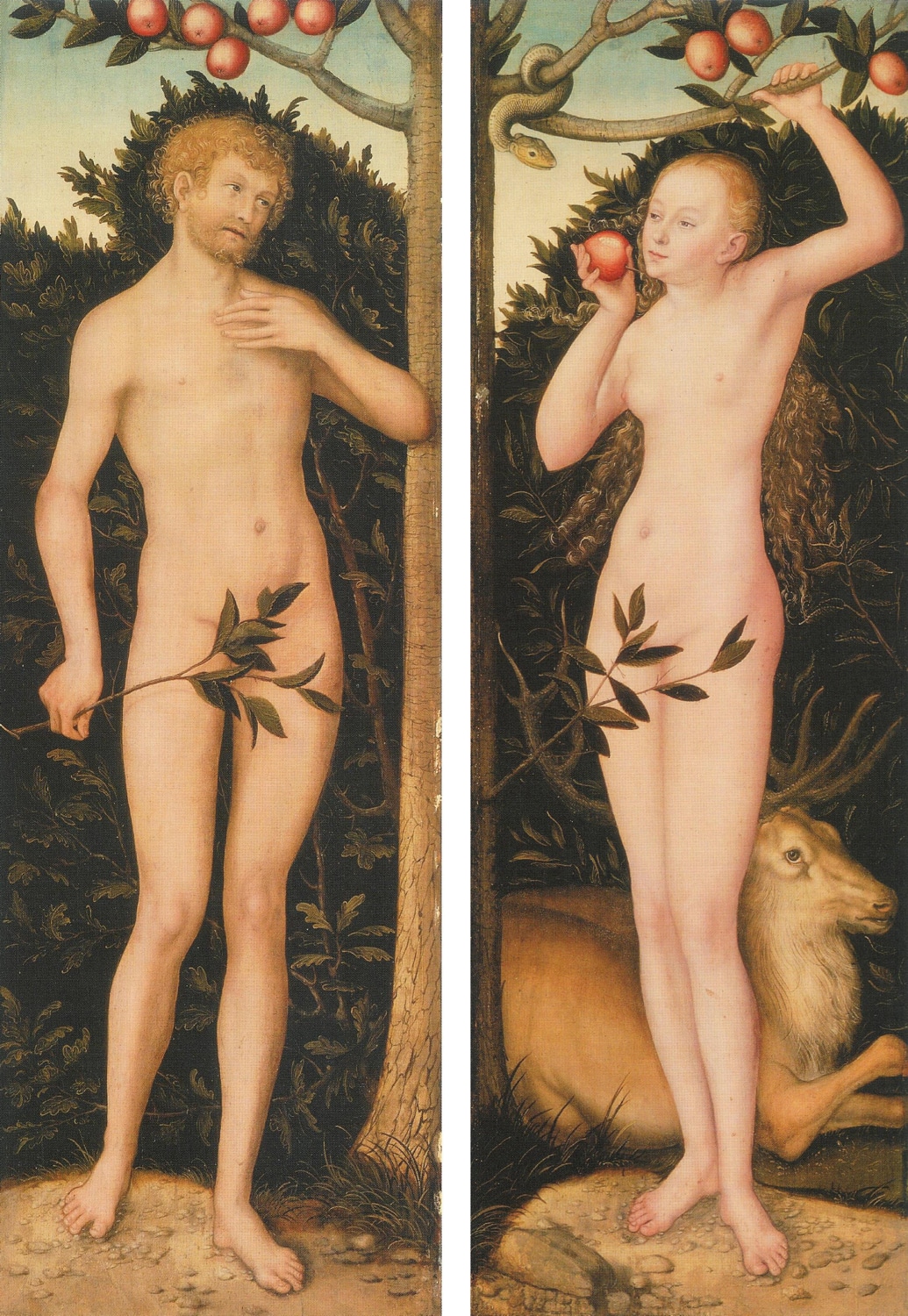1. At sunset, tonight [September 24, 2014 on the solar calendar] the Jewish holiday of Rosh Hashanah began. 2. Rosh Hashanah marks the beginning of the new year 5775. 3. According to Wikipedia tonight “is believed to be the anniversary of the creation of Adam and Eve, the first man and woman, and their first actions toward the realization of humanity’s […]
